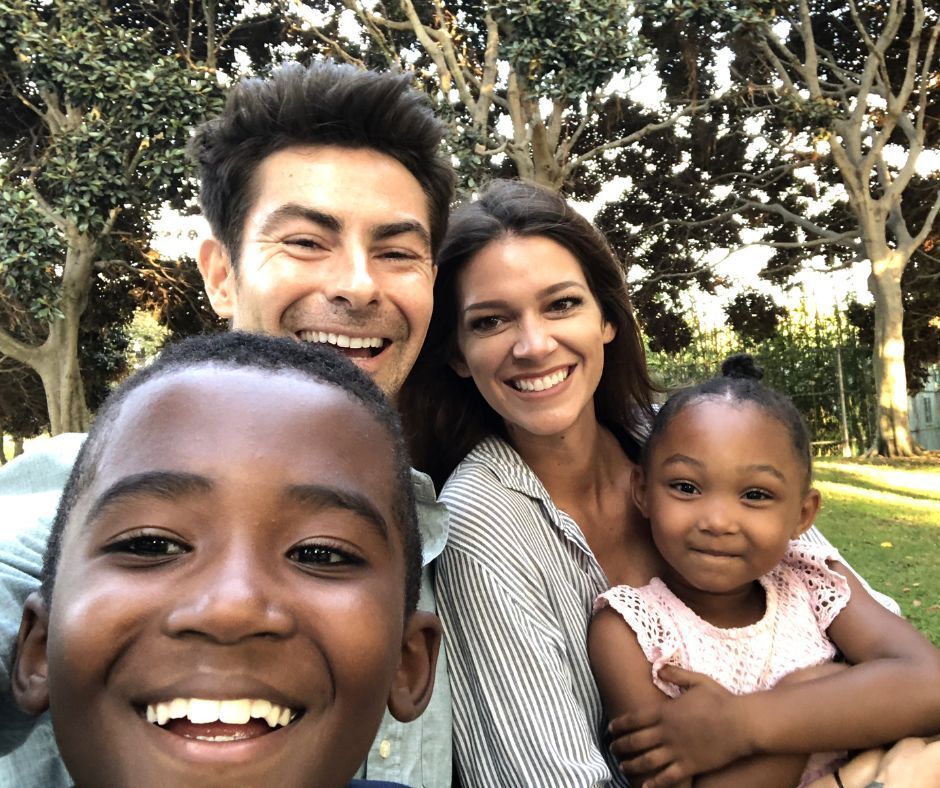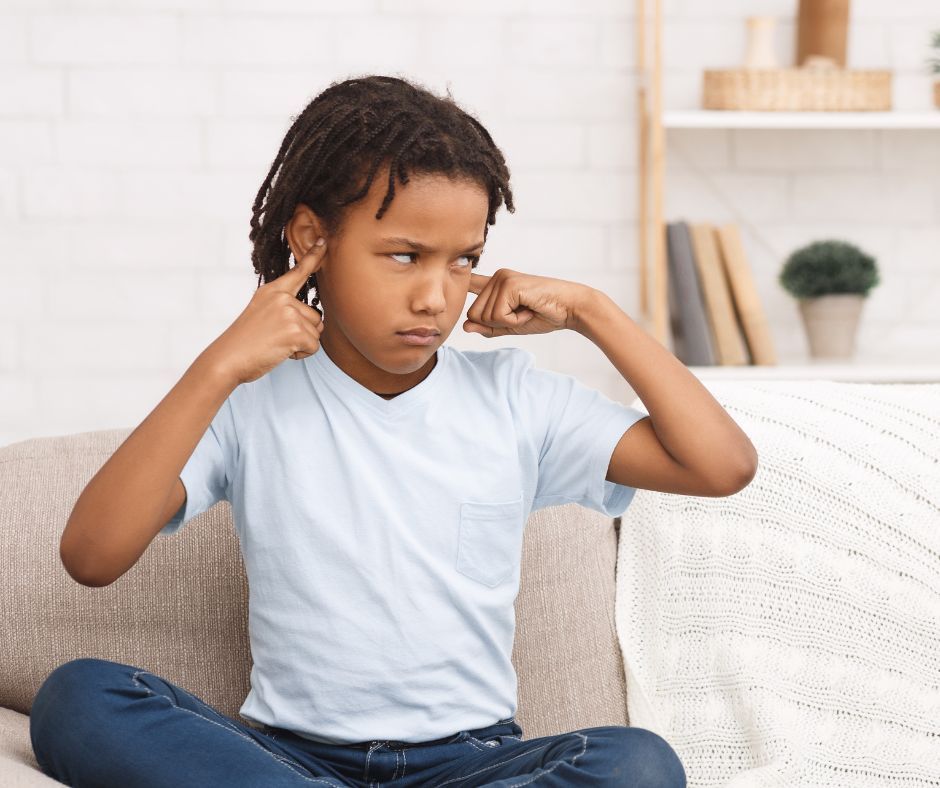In parenting, it’s easy to fall into a pattern of constant correction. From the moment a child wakes up to the time they go to bed, there are endless opportunities to redirect, remind, and reprimand. But here’s the truth: constant correction rarely produces the change we hope for. Instead, it builds resistance, shame, and a sense of never being good enough.
Research and lived experience both suggest something radically different: growth comes from being seen for what is already going well. When we nurture our children’s strengths, we not only build their confidence but also give them a safe foundation for taking risks, learning, and maturing.
Take a child who struggles with transitions but loves building with blocks. Instead of focusing solely on their morning meltdowns, a parent might comment on how focused and creative the child is during block play. That attention to strength builds connection. Over time, that connection becomes the bridge that allows for collaboration on harder things—like getting dressed or leaving the house.
Focusing on what’s going well doesn’t mean ignoring serious issues. It means starting with what’s already working. Instead of shaping your child by pressure, you grow them through presence. You become someone who notices their efforts, delights in their quirks, and honors the small victories. That kind of attention is what helps children thrive.













